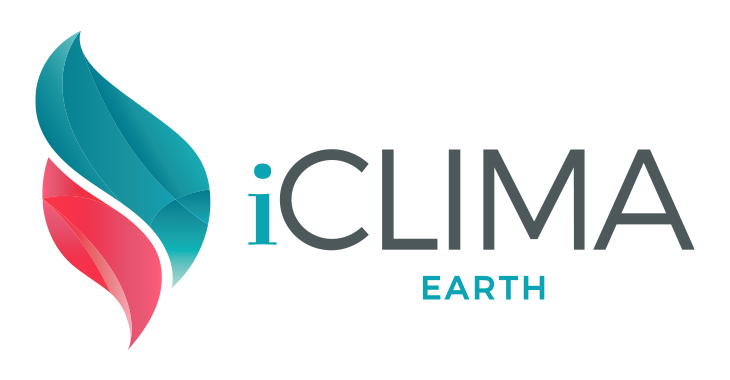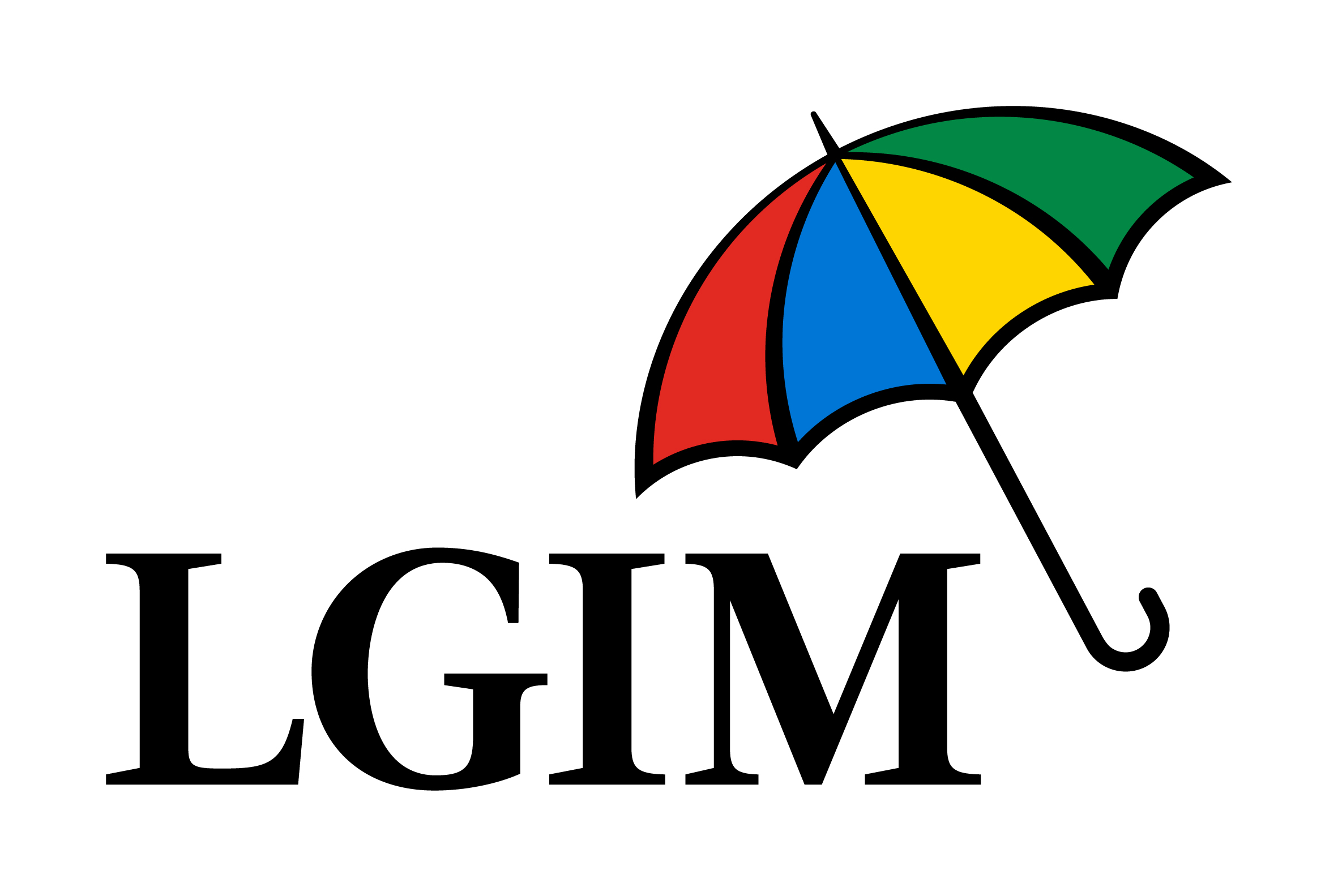The pandemic has encouraged societies to put more stock into the future as demonstrated by campaigns such as ‘build back better’. What followed was an unprecedented rate of ETF launches directly targeting industries solving the problems of tomorrow.
In 2020 alone, 23 new thematic ETFs debuted in Europe offering exposure to all manner of niche sectors such as clean energy utilities, digital learning, plant-based foods and battery technology.
Illustrating the support for these creative launches with persuasive cases for future growth, €10bn of new assets entered thematic strategies last year, according to data from Bloomberg Intelligence, with 20% of this money going into ETFs that were less than a year old.
Even amid a rotation back to ‘old economy’ cyclical stocks during the turn of the year, demand for these strategic sector plays remained resilient with European thematics gathering €2.8bn inflows in January and February, respectively, representing the two strongest single and consecutive months of growth for the asset class.
Looking past short-term success, however, challenges of greening the global energy mix, shoring up supplies of essential resources, protecting the increasingly virtual transfer of knowledge and improving the prospects of ageing populations will continue to raise pressing questions.
As a result,ETF Streamhas selected five ETFs that look to address these issues.
1. iShares Digital Security UCITS ETF (LOCK)
The most asset-heavy ETF on our list is LOCK, which is the most diversified, second largest and lowest-fee cybersecurity strategy available to European investors.
With a total expense ratio (TER) of 0.40% and tracking the STOXX Global Digital Security index of 124 equities, LOCK has amassed $1.4bn assets under management (AUM) since its inception in 2018.
This success has been driven by investor demand for a product which wraps several of the largest names in cybersecurity software together under one banner, with a survey from HIS Markit earlier this year finding 46% of UK businesses plan to increase their spending on cybersecurity capabilities going forward.
Recent examples of cybercrime will only intensify as hackers' capabilities expand and more of our work and leisure is carried out virtually. Alongside cyber-attacks on US government assets and a $50m ransomware attack on Saudi Aramco two weeks ago, the EU is now calling for a combined quantum communication infrastructure.
2. L&G Clean Water UCITS ETF (GLUG)
Having seen its AUM jump from $60m to $266m so far this year, GLUG is a rising star tackling a well-established concern: shortages of clean water.
With a total expense ratio (TER) of 0.50% and tracking the Solactive Clean Water index of 66 equally-weighted stocks, GLUG offers exposure to companies engaged in the clean water industry via technological, digital, engineering and utility services.
At present, some 2.3 billion people live in water-stressed countries and 2.2 billion lack access to safe drinking water while 2% of global deaths annually occur as a result of diseases which can be attributed to dirty water.
Along with new innovations in clean water tech, which GLUG offers exposure to, the ETF will also benefit from the US Senate passing the $35bn Drinking Water and Wastewater Infrastructure Act of 2021, and Cerulli Associates’ survey finding, which stated 92% of ETF issuers expect demand for water-themed ETFs to increase within the next 24 months.
3. iClima Distributed Renewable Energy UCITS ETF (DGEN)
Offering a new angle for investors to gain exposure to the clean energy transition, DGEN launched in June and targets distributed and decentralised renewable energy providers.
Its fee of 0.69% makes it the highest-fee ETF on our list but it does track a specially-made index of 50 companies – the iClima Distributed Energy index – enabling the production and management of renewable power close to the end user.
These include residential solar panels, energy storage, smart meters, vehicle-to-grid energy, electric vehicle charging, smart inverters and AI-powered software solutions.
Some consumers are already taking advantage of the long-term benefits of domestic renewable power generation – even recouping the initial cost of installing hardware such as solar panels after a number of years by selling power back to the centralised grid.
It is expected this trend will continue as costs come down as a result of increased scale. With this, a digitised and decentralised power sector – including electrification of transport and heating – could see as much as $846bn invested into distributed energy sources between 2020 and 2030.
4. iShares Ageing Population UCITS ETF (AGED)
Targeting perhaps one of the most unpreventable themes on our list, the $895m AGED ETF offers exposure to the products and services which will be in increasing demand as more countries’ age demographic pyramids become increasingly inverted.
Charging the same fee as LOCK, AGED tracks the STOXX Global Ageing Population index of 358 stocks in the healthcare, financial services, consumer goods and real estate sectors.
Due to nine out of 10 of its top holdings being healthcare stocks, AGED remained popular over the past year as vaccine data boosted the sector, while the reopening of the economy has benefitted the ETF’s allocation to financials.
In 1991, there were 9.1 million people aged 65 or over in the UK, accounting for 15.8% of the population. By 2041, this is expected to rise to 20.4 million, at an estimated 26% of the total population. This is significant, given government estimates the annual healthcare costs of a 90-year-old are on average ten times more than that of a 16-year-old. More expenditure, innovation and further private outsourcing are all likely options to address future strain.
5. Rize Environmental Impact 100 UCITS ETF (LIFE)
Finally, for those wanting a blend of niche subsectors, the newly-launched LIFE ETF offers exposure to several segments of sustainable industry.
Launched in July with a fee of 0.55%, LIFE tracks the Foxberry SMS Environmental Impact 100 index which offers exposure to 100 companies operating within clean water, energy efficiency, circular economy solutions, renewable energy, electric vehicles, pollution control, alternative fuels, and nature-based and climate resilience solutions.
Aside from benefiting from the investment cases behind each of its subthemes, LIFE’s catch-all approach means it does not have the same one-sector risks faced by many other thematics.
Furthermore, while being diversified, the ETF’s focus on impact investing economy means it remains Article 9-compliant of the Sustainable Finance Disclosure Regulation (SFDR) while being part of the $715bn impact economy, which is expected to gain $48bn in 2021, according to a report by GIIN.






